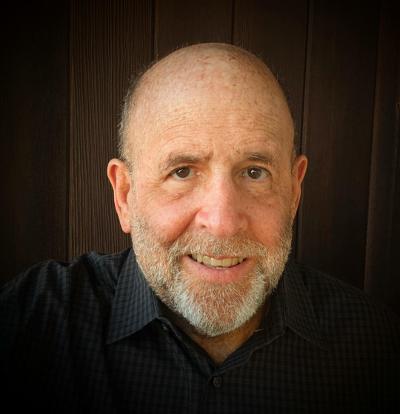By Andrew Malekoff
In the last two decades, according to the U.S. Dept. of Health and Human Services, the rate of fatal drug overdoses, including prescription pain relievers, heroin and synthetic opioids such as fentanyl, have nearly quadrupled. In December 2020, just before the onset of the COVID-19 pandemic, the U.S. Centers for Disease Control and Prevention reported that overdose deaths had reached an all-time high.
The Research Recovery Institute found that more recent increases in drug overdose deaths during the COVID-19 pandemic was due to “a more dangerous drug supply, disruption of treatment and recovery support services, social isolation, and increased levels of social and economic stress.”
Important ameliorative steps have been taken that include improving prescribing practices and expanding access to medication-assisted treatment; the use of Naloxone to reverse the effects of opioids; and the introduction of Fentanyl test strips (FTS) to detect the presence of Fentanyl in any drug batch—pills, powder, or injectables.
Dr. Mike Brumage, former director of the West Virginia office of drug control policy, warns: “Once the tsunami of Covid-19 finally recedes, we’re going to be left with the social conditions that enabled the opioid crisis to emerge in the first place, and those are not going to go away.”
Aside from the aforementioned lifesaving measures, there has been relatively little media attention given to the devastating impact of addiction on children living in families where a parent or other adult caregiver is addicted to drugs or alcohol.
National Surveys on Drug Use and Health found that there are almost one in eight children under the age of 18 growing up in homes where at least one parent has a substance use disorder. In addition to the day-to-day impact of living with addiction in the family, these young people are at significant risk of becoming alcohol or drug abusers themselves without intervention.
Parental alcoholism and drug addiction influence the use of alcohol and other drugs in several ways, including increased stress and decreased parental monitoring that contribute to adolescents joining peer groups in which alcohol and drug use are a norm.
Children who grow up with an addicted parent learn to distrust to survive. When unpredictability dominates one’s life, he or she is likely to be wary, always sensing disappointment lurking nearby.
Children growing up with an addicted parent become uncomfortably accustomed to living with chaos, uncertainty and unpredictability. When a child grows up under these conditions, they learn to guess at what normal is.
Denial, secrecy, embarrassment and shame are common experiences of children who live with an addicted parent. Even seeking help outside of the family might in itself be seen as an act of disloyalty, a step toward revealing the family secret. The stigma of addiction can leave parents living with addiction and their children feeling utterly alone in the world.
Children who grow up with an addicted parent live with the unspoken mandate – don’t talk, don’t trust, don’t feel. Growing up with an addicted family member leaves children with little hope that things will ever change.
I am reminded of a parable about the small village on the edge of a river. A villager out on a stroll spotted a baby floating down the river. He jumped into the river and saved the baby.
The next day he saw two babies floating down the river. He and another villager dived in and saved them. Each day that followed, more babies were discovered floating down the river. The villagers organized and diligently trained teams of swimmers to rescue the babies.
They were soon working around the clock.
Although they failed to save all the babies, the rescue squad members felt proud and were lauded for saving as many babies as they could. Despite their relative success, one of the villagers wondered aloud: “Where are all these babies coming from? Why don’t we organize a group to head upstream to find out who’s throwing the babies into the river in the first place!”
Mobilizing resources to pull babies from the river while neglecting the ones left behind makes no sense.
_______________
Note: “Sesame Street” has developed a video series that includes 6-year-old Karli, talking to her friends about her mom’s struggle with drug addiction. The videos aim to help parents, teachers, caregivers, and other caring adults to comfort children and guide them through difficult moments. Link to videos: https://sesamestreetincommunities.org/topics/parental-addiction/



